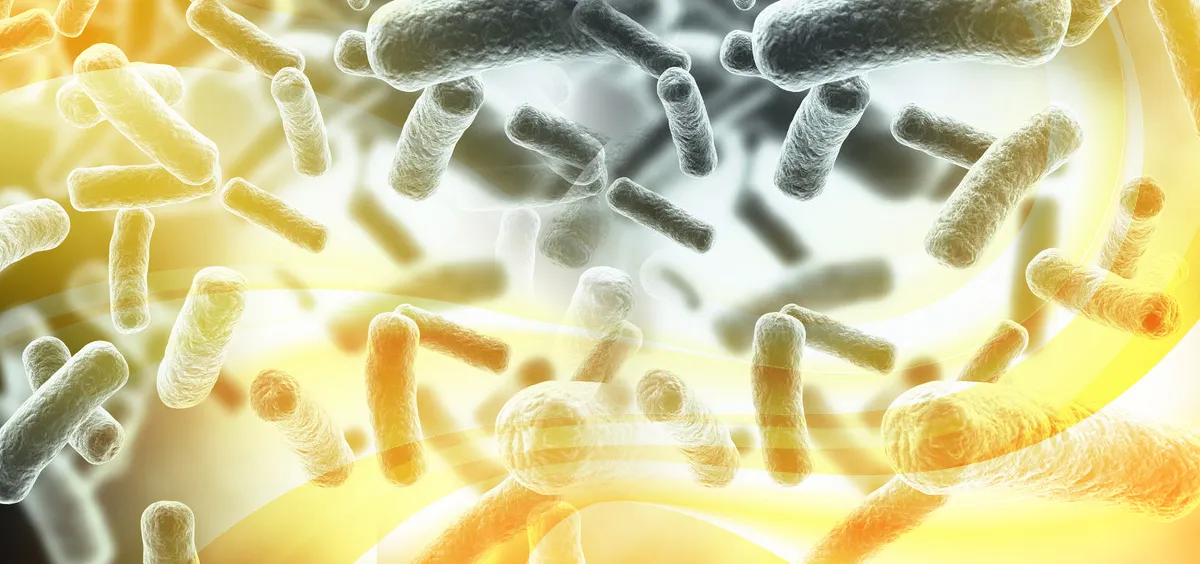
As the world decides to tread on a sustainable path, a more eco-friendly alternative for each and every industrial process is being looked upon. One of the environmentally harmful processes is the production of chemicals through traditional means. Biotechnology offers to remedy this problem by producing chemicals through microbial means, which does not end in creating hazardous byproducts. Despite this advantage, bioproduction hasn’t truly taken off yet due to the poor yield of products obtained through this process.
Dr Karthik Raman, an Associate Professor at IIT Madras and a core member of RBCDSAI, realized this issue as a major bottleneck hampering the commercialization of bioprocesses. He, together with Lavanya Raajaraam, his PhD student, decided to find a solution to this problem. As a microbe produces many metabolites so they thought one should work to optimize the production of metabolites so as to get a minimum quantity of at least two industrially important metabolites to make the bioprocess economically feasible. The research team has developed a new algorithm co-FSEOF (co-production using Flux Scanning based on Enforced Objective Flux) to solve this problem. This research study has been published in the international journal, Frontiers in Bioengineering and Biotechnology.
“Bioprocesses are often limited by feasibility and yield. Even after various strain improvements, a process might not be economically feasible. To overcome this issue, we can co-produce multiple metabolites in a single process. However, there is a lack of algorithms available for rational strain engineering for co-production,” says Dr Raman.
The newly developed algorithm is an extension of the FSEOF algorithm, which identifies both the genes that need to be amplified and those that need to be knocked out in order to achieve an increase in the metabolite production. This algorithm achieves the biological equivalent of a city planner’s dilemma – which roads do I widen, to improve traffic flow through the city? The co-FSEOF algorithm can easily identify all pairs of metabolites that can be co-produced in any organism. Additionally, it also identifies combinations of intervention strategies that can increase the co-production of a given pair of metabolites.
Next, the team tested this algorithm on industrially important strains of bacteria and yeast - E. coli and S. cerevisiae, respectively. They showed that around 200 pairs of molecules could be co-optimized in E. coli under aerobic conditions. Also, they found that commercially valuable metabolites such as ethanol, isobutanol, and 2,3-butanediol, can be co-produced using various interventions. The results also showed that co-production of multiple pairs of metabolites is better in an environment that is devoid of oxygen.
“The co-FSEOF algorithm can be extended to find intervention strategies for the co-production of more than two metabolites simultaneously. We also plan to extend it to microbial communities which constitute multiple organisms. The algorithm will be designed to study the co-production in communities. This can equip us to design better systems for bioproduction,” says Lavanya Raajaraam, while explaining the future plans of the study.
Contributors
Lavanya Raajaraam, Karthik Raman
Article
Raajaraam L and Raman K (2022), A Computational Framework to Identify Metabolic Engineering Strategies for the Co-Production of Metabolites. In Frontiers in Bioengineering and Biotechnology
Keywords
Metabolic modelling, Genome-scale models, Bioproduction, Concomitant production, Co-synthesis, Constraint-based modelling